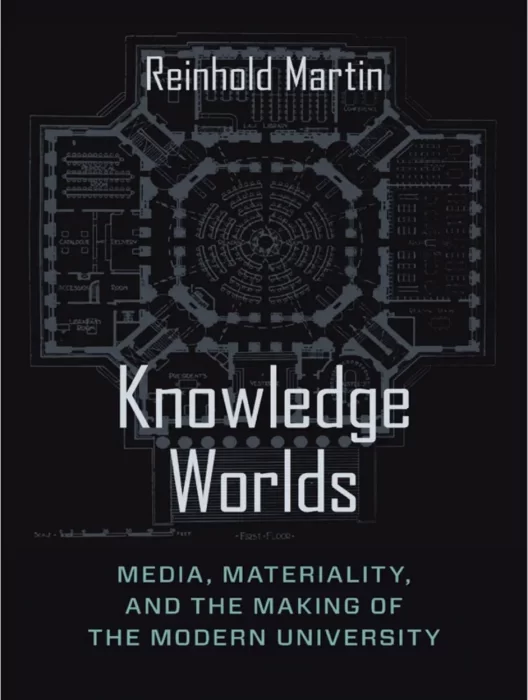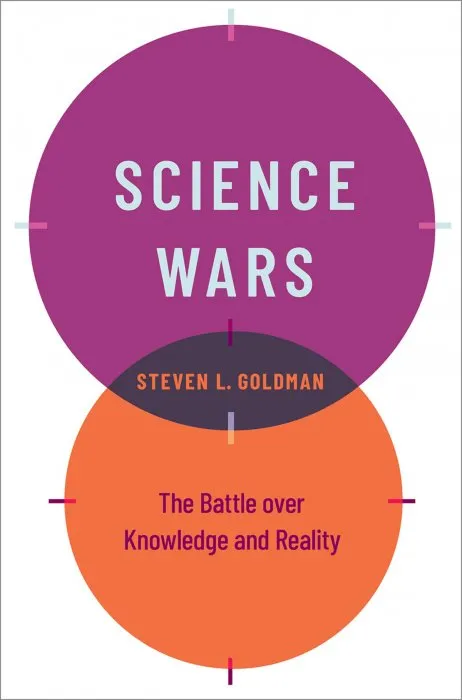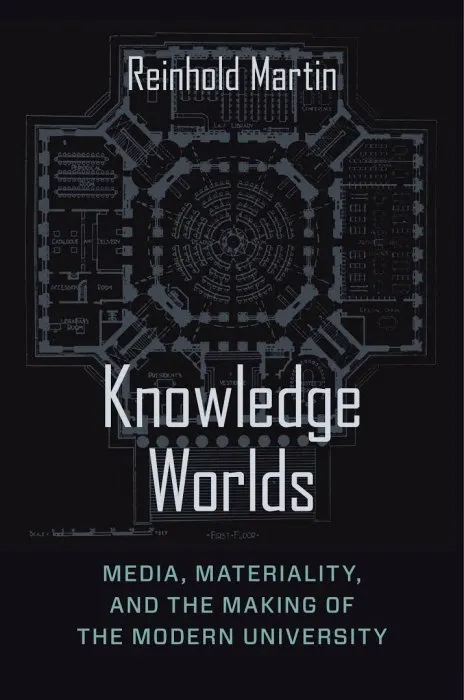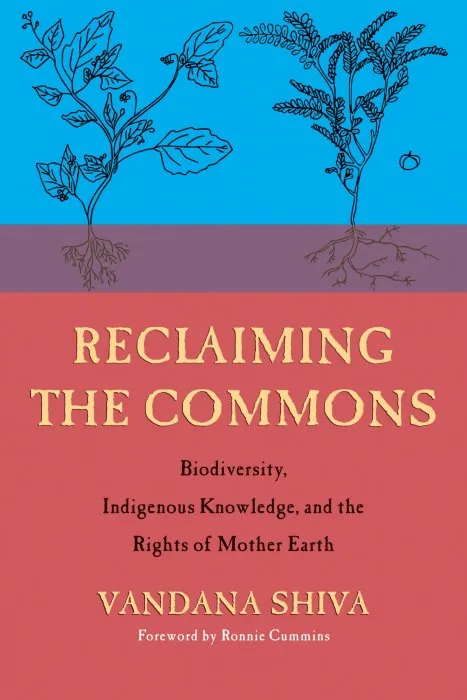Knowledge as Commons: Toward Inclusive Science and Technology
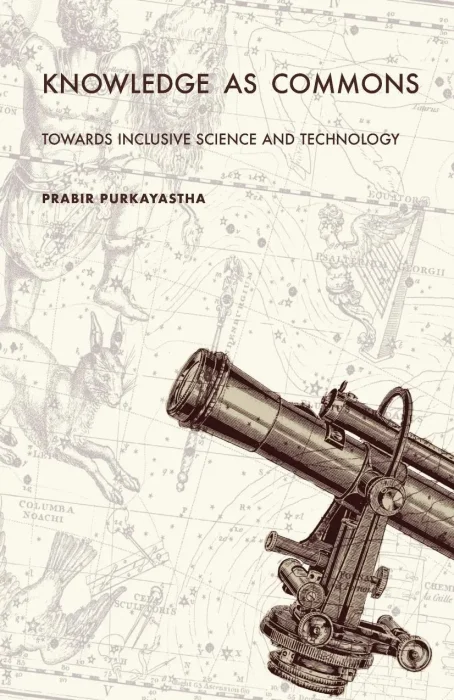
Date: September 1st, 2024
Сategory: Politics, Sociology
ISBN: 1685900712
Language: English
Number of pages: 259 pages
Format: True PDF
Add favorites
A powerful contribution to the debate on intellectual property
Knowledge as Commons_ traces the historical path towards the privatization of knowledge, situating science, technology and the emergence of modern nations in a larger historical framework. Author Prabir Purkayastha asks: Do the needs of society drive science and technology? Or do developments in science and technology provide the motor force of history? Has this relationship changed over time? Purkayastha shows us that, with profit as its sole aim, capital claims to own human knowledge and its products, fencing them in with patents and intellectual property rights. Neoliberal institutions and policy diktats from the West have installed a global system in which knowledge, that limitless resource, is made artificially scarce—while limited resources such as water and clean air are treated as though they were infinite.
Arguing that rapid technological change, from pharmaceuticals to electronics, should be an opportunity to deliver quicker cures, affordable access, and global cooperation in the production of knowledge, Purkayastha examines the consequences of this privatization for universities, healthcare, distributive justice, the domestic politics of developing countries, and their prospects vis-à-vis the West.
Knowledge as Commons_ traces the historical path towards the privatization of knowledge, situating science, technology and the emergence of modern nations in a larger historical framework. Author Prabir Purkayastha asks: Do the needs of society drive science and technology? Or do developments in science and technology provide the motor force of history? Has this relationship changed over time? Purkayastha shows us that, with profit as its sole aim, capital claims to own human knowledge and its products, fencing them in with patents and intellectual property rights. Neoliberal institutions and policy diktats from the West have installed a global system in which knowledge, that limitless resource, is made artificially scarce—while limited resources such as water and clean air are treated as though they were infinite.
Arguing that rapid technological change, from pharmaceuticals to electronics, should be an opportunity to deliver quicker cures, affordable access, and global cooperation in the production of knowledge, Purkayastha examines the consequences of this privatization for universities, healthcare, distributive justice, the domestic politics of developing countries, and their prospects vis-à-vis the West.
Download Knowledge as Commons: Toward Inclusive Science and Technology
Similar books
Information
Users of Guests are not allowed to comment this publication.
Users of Guests are not allowed to comment this publication.
